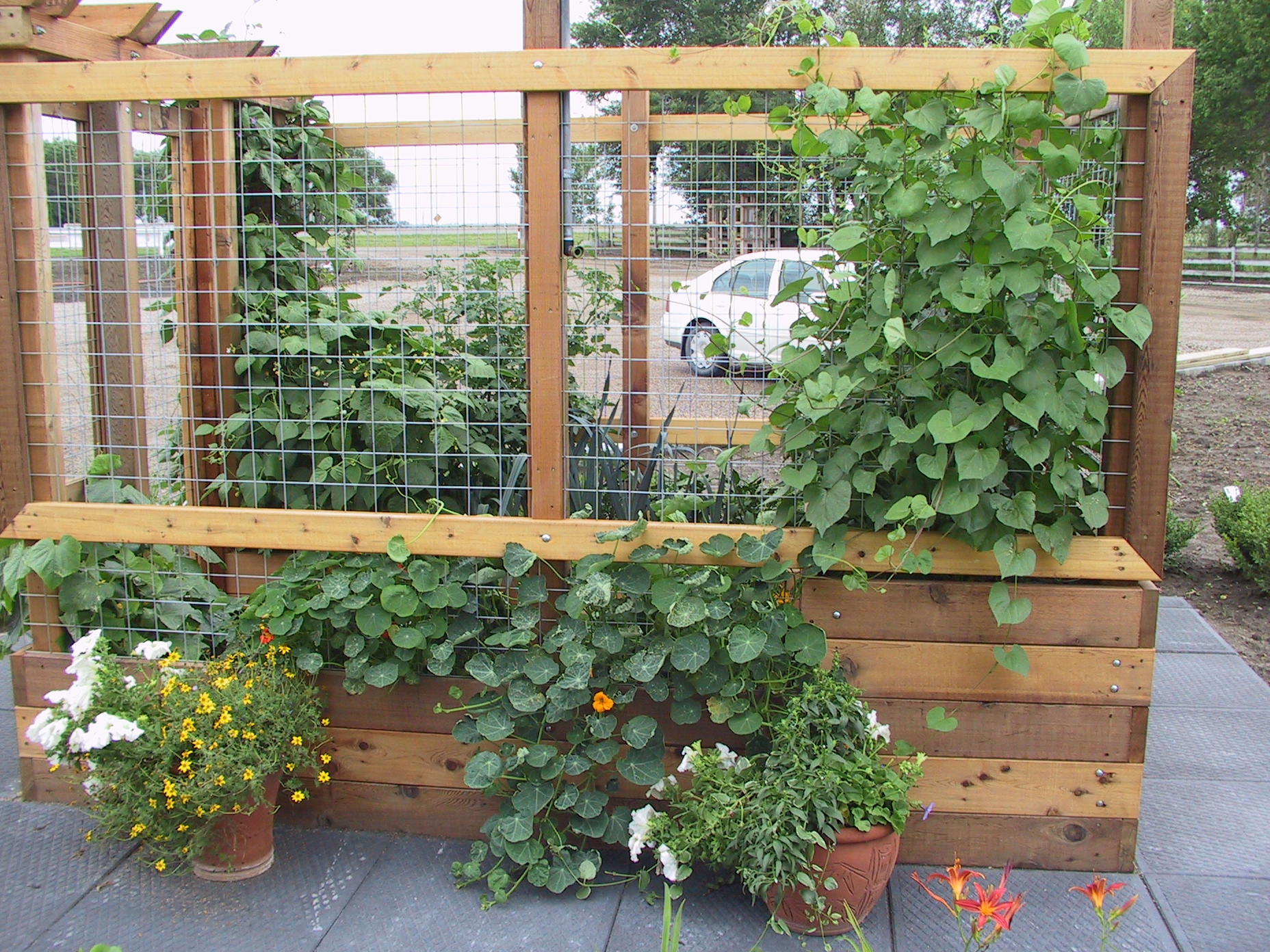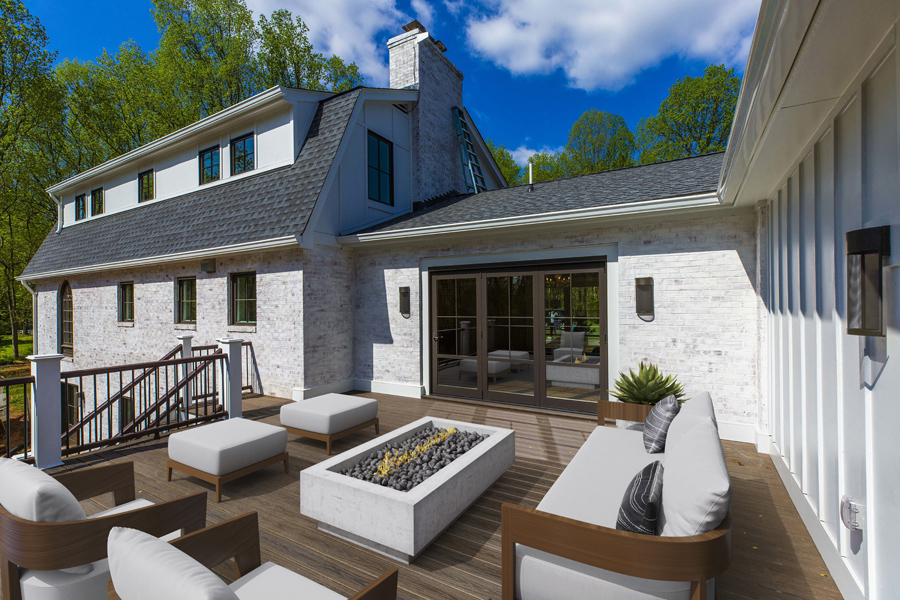Introduction:
Step into a world of timeless beauty and elegance with Victorian garden inspiration. Rooted in the romanticism of the 19th century, Victorian gardens are known for their lush greenery, intricate designs, and charming details. Let’s explore the elements that define these gardens and how you can incorporate them into your own outdoor space for a touch of old-world charm.
Embracing Victorian Aesthetics:
Victorian gardens are characterized by their formal layouts and attention to detail. Symmetry plays a significant role, with carefully manicured hedges, pathways, and flower beds creating a sense of order and balance. Ornate ironwork, trellises, and arches add to the garden’s visual appeal, evoking the grandeur of the Victorian era.
Lush Greenery and Colorful Blooms:
A hallmark of Victorian gardens is their abundant plantings, which overflow with lush greenery and colorful blooms throughout the year. Traditional favorites include roses, hydrangeas, peonies, and dahlias, chosen for their fragrance and beauty. Climbing vines such as wisteria and clematis add vertical interest, while annuals and perennials provide bursts of color in every season.
Incorporating Formal Features:
To capture the essence of Victorian garden design, consider incorporating formal features such as parterre gardens, topiaries, and geometric patterns. Boxwood hedging can be shaped into intricate designs, while formal pathways lined with gravel or brick create a sense of refinement and structure. Fountains, statuary, and sundials add a touch of elegance and whimsy to the garden landscape.
Creating Intimate Spaces:
Victorian gardens often feature secluded alcoves and hidden corners that invite visitors to linger and explore. Arbors draped with flowering vines provide shady retreats, while secluded seating areas offer quiet spots for contemplation. Consider adding a gazebo or pergola to your garden design, creating a focal point for outdoor entertaining and relaxation.
Adding Vintage Accents:
To enhance the vintage charm of your Victorian garden, incorporate antique furnishings and decorative accents. Vintage wrought iron benches, ornate planters, and weathered garden statuary can add character and personality to your outdoor space. Look for salvaged architectural elements such as old doors or windows to repurpose as garden art or trellises, adding a touch of history to your garden design.
Embracing Cottage Garden Style:
Victorian gardens often incorporate elements of cottage garden style, with informal plantings and a relaxed, romantic ambiance. Mix and match heirloom roses with cottage perennials such as lavender, foxglove, and delphiniums for a charmingly eclectic look. Allow plants to spill over pathways and borders, creating a sense of abundance and natural beauty.
Maintaining Victorian Elegance:
To keep your Victorian garden looking its best, regular maintenance is key. Prune shrubs and hedges to maintain their shape, deadhead flowers to encourage repeat blooming, and weed regularly to keep beds tidy. Consider investing in a vintage-style watering can and garden tools to add to the garden’s ambiance while making maintenance tasks more enjoyable.
Conclusion:
Victorian garden inspiration offers a timeless vision of beauty and elegance, evoking the romance and grandeur of a bygone era. By embracing formal layouts, lush plantings, vintage accents, and cottage garden charm, you can create a garden retreat that transports you to another time. Whether you have a small courtyard or a sprawling estate, incorporating elements of Victorian garden design can add a touch of old-world charm and sophistication to your outdoor space. Read more about victorian garden










